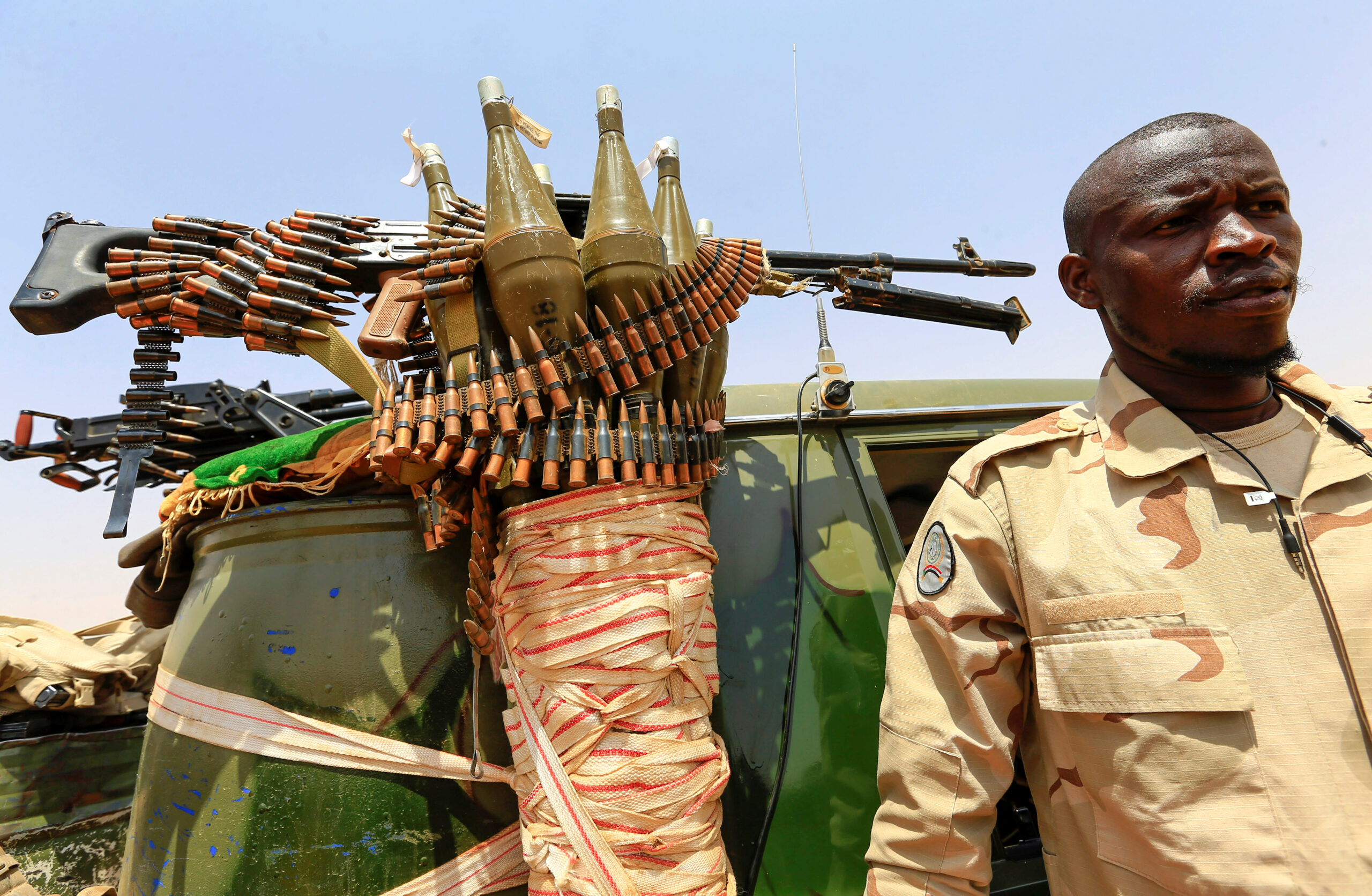
Sudan orders closure of borders with Central African Republic and Libya

Sudan’s sovereign council on Thursday ordered the closure of its borders with the Central African Republic and Libya citing security concerns.
“The sovereign council, in a meeting with the government of South Darfur, ordered the closure of the border with Libya and Central African Republic as it threatened the security and economy of the country,” a statement by the council, which met in Niyala, the capital of South Darfur state, said.
There have been allegations in the last few years that rebels from Darfur had entered Libya to strengthen their military capacities. It is further alleged that some even joined the ranks of Khalifa Haftar’s forces.
Haftar’s forces have been engaged in conflict in Libya since he launched an offensive in early April to take over the capital, Tripoli, where the United Nations-backed government of Prime Minister Fayez al-Serraj is based.
Thousands of people have died, and millions of others displaced since conflict broke out in Darfur in 2003 non-Arab tribes took up arms against the government of Omar al-Bashir, who was ousted in April.
Sudan is at the centre of migratory routes that link East and West Africa to the Mediterranean Sea and Europe.
Thousands of Africans attempt to reach the Mediterranean Sea through Sudan annually in order to cross into Europe as they flee conflict, famine and persecution.
The Central African Republic, which has been unstable since gaining independence from France in 1960, was plunged into turmoil in 2013 when Muslim rebels from the Seleka umbrella group seized power in the majority-Christian country.
The fighting has carried the high risk of genocide, the United Nations has previously warned.
Thousands of people have been killed in the violence and more than one million others internally displaced. An estimated 570,000 people have fled abroad.






